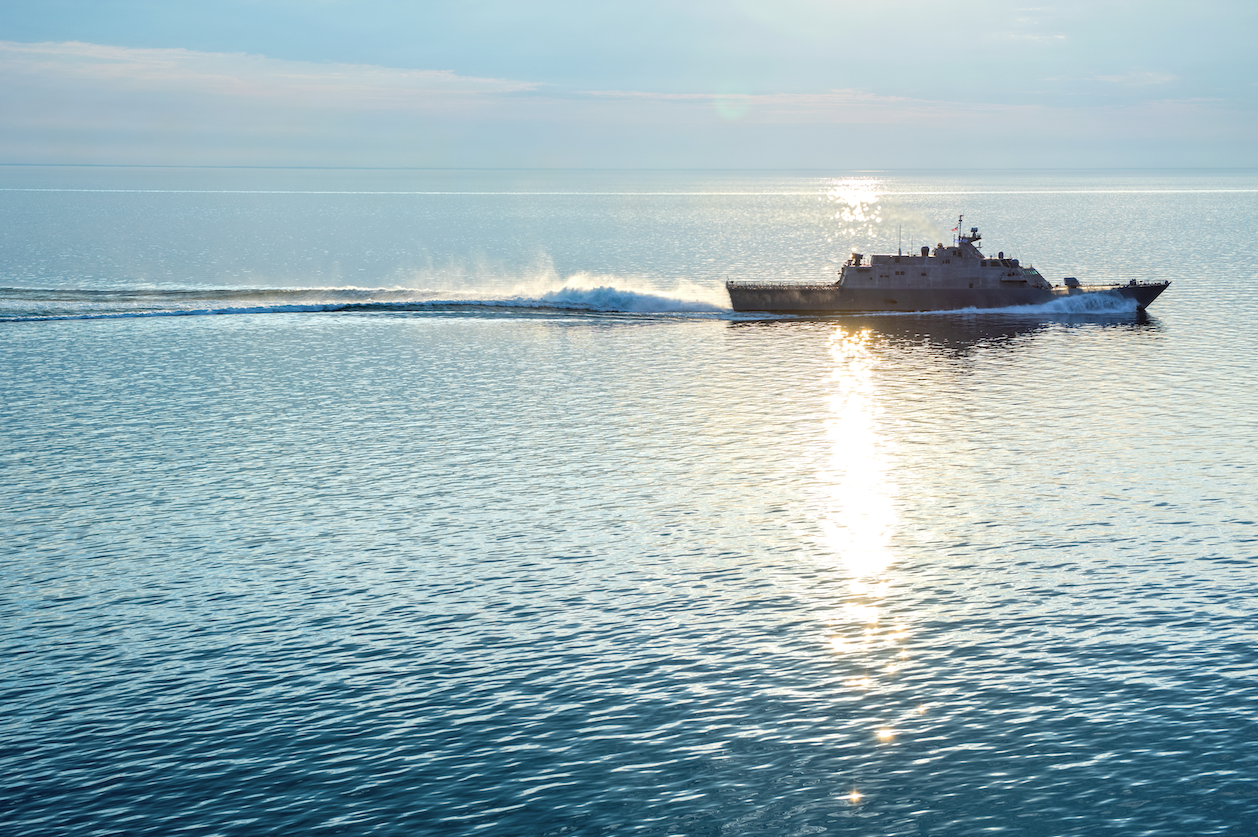
A Littoral Combat Ship, with an embarked Coast Guard law enforcement detachment, will hunt for drug runners in U.S. Southern Command later this year, the command’s top officer told the Senate Armed Services Committee on Thursday.
Adm. Craig Faller said the LCS deployment was top of his list of wants for his command followed by more intelligence, surveillance and reconnaissance assets, a stepped-up Coast Guard presence and more cooperation from other U.S. agencies in the interdiction mission.
The LCS will also allow SOUTHCOM to improve maritime training exercises throughout Latin America and provide a visible physical presence of United States’ interest in the region at a time when China and Russia are paying greater attention to South America, particularly in aiding the government of Venezuelan President Nicolas Maduro.
Even though narcotics interdictions reached record levels in 2017 and 2018, traffickers are taking new routes, using submersibles to escape detection, co-opting fishing vessels to move narcotics in their holds and increasingly using airfields in Venezuela to fly out cocaine to sites in Central America for distribution into the United States.
Faller said the traffickers are adapting faster than the U.S. and its partners can keep up to staunch the flow of drugs from South and Central America.
The bulk of the mission at sea has been undertaken by the Coast Guard since the Navy has infrequently sent ships to the region since the last of the Oliver Hazard Perry-class frigates decommissioned in 2015.
The LCS was supposed to replace the frigate role in U.S. 4th Fleet, with embarked Coast Guard law enforcement detachments, but the ships have been late in filling the gap
In addition to the record number of seizures, although he and the senators put the amount seized at between 20 to 25 percent of the tonnage of illegal drugs that enter the United States, there were some other bright spots. He cited El Salvador’s increased support in this area and the Colombian government again turning to crop eradication as a means of cutting off the flow at the source.
“We’re nudging, but not moving the needle enough” in cutting off illegal narcotics trafficking. That includes fentanyl coming from China.
Faller told the panel that despite the partial government shutdown the Coast Guard stepped up its presence in his area of responsibility.
“They did that without pay [and] without parts,” he told the panel. He estimated 1,600 Coast Guardsmen participated in 2018 missions that included 21 interdictions and the confiscation of more than 17 tons of cocaine.
News reports put the value of the seizures at more than $440 million.
The Coast Guard, “has stepped up in a big way,” he said.
Faller told the committee that illegal narcotics were “at the heart” of the security concerns of the region and are the driving force as to why so many Central Americans keep heading northward for a better life.
“This is a problem that will take years to solve, not months,” he said.





